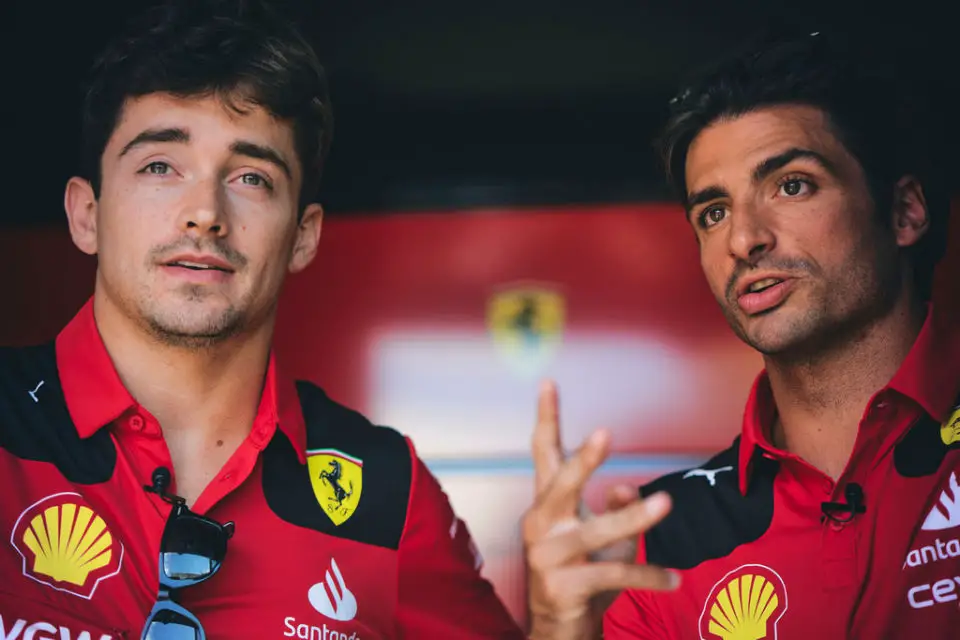F1 Calendar Controversy: Leclerc and Verstappen Challenge the Expanding Race Schedule
In response to Formula 1’s expanded 2024 calendar featuring 24 races, top drivers including Charles Leclerc and Max Verstappen have raised concerns about the sport’s direction, emphasizing the need to preserve its core essence. This debate highlights the tension between expanding the sport’s global reach and maintaining its unique character.
Key Takeaways
- Calendar Expansion: The 2024 F1 season will see a record 24 races, as part of the sport’s strategy to grow its global footprint, particularly in the American market. This expansion has been driven by Liberty Media, F1’s new owners, who are also considering new venues like Miami and Las Vegas.
- Rising Concerns: Charles Leclerc and Max Verstappen, representing Ferrari and Red Bull Racing respectively, have voiced their worries about the potential dilution of race significance and the added stress on teams’ personnel.
- Potential Impact: The concerns raised by Leclerc and Verstappen echo a larger sentiment about preserving the uniqueness of each Grand Prix and ensuring the wellbeing of all involved in the sport, from drivers to engineers and logistics teams.

As Formula 1’s 2024 season approaches, the world of motorsport is buzzing with debate over the expanded calendar. The historic 24-race schedule, a significant increase from previous seasons, represents a strategic move to capitalize on F1’s growing popularity, especially in the American market. This expansion, initiated by Liberty Media, F1’s new proprietors, has led to the exploration of new race venues, including the likes of Miami and Las Vegas. The possibility of reintroducing the sport to the African continent, with the South African Grand Prix at Kyalami, is also being considered.
However, this expansion has not been met with unanimous approval. Prominent figures like Ferrari’s Charles Leclerc and Red Bull’s Max Verstappen have openly expressed their apprehensions. Their concerns aren’t just about the dilution of the grandeur associated with each race, but also about the increasing demands placed on teams and personnel.
Leclerc, speaking to Autosport, acknowledged the sport’s success but cautioned against the toll it takes on those who work behind the scenes. He stated, “I feel like at one point, it just gets too much. Not for us drivers, because we have a really good life. But for the mechanics, the engineers, the guys on the logistics, it starts to be quite a bit.”
He further likened the F1 calendar to the Olympics, emphasizing the need for Grand Prix events to retain their unique and special feel. Verstappen, sharing similar sentiments, highlighted the personal and emotional toll of an overpacked schedule.
The debate raises a fundamental question about the future of Formula 1: is there a point where too much racing diminishes the excitement and essence of the sport? As the Concorde Agreement, which caps the number of races at 24, heads towards its 2026 renewal, this discussion becomes increasingly relevant. Both drivers and fans alike seem to agree that scarcity can enhance the allure of each event, suggesting that F1 might need to reconsider its approach to sustain long-term interest and wellbeing. This debate is not just about the number of races, but about the soul of Formula 1 and what it means to those who love and live the sport.

